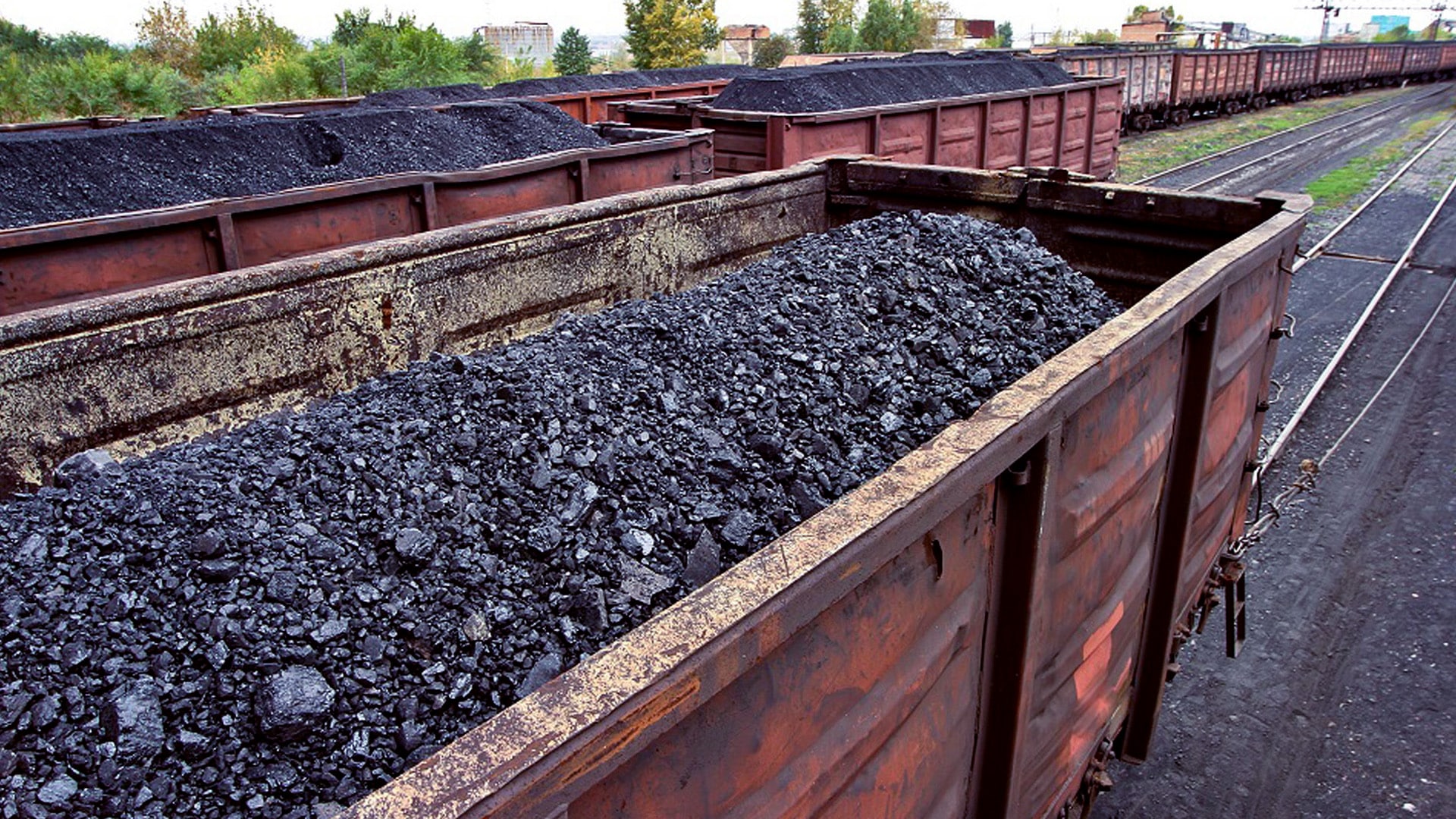Industry
Hope to surpass 700MT production target in FY’23: Coal India chief
Coal India chairman Pramod Agrawal remained confident in surpassing the ambitious 700 million tonne production target by March 2023 and said a “price revision is essential” for the dry fuel to get the company compensated adequately.
It will be another feather in coal India’s cap, once the company meets the annual production target with over 12 per cent growth for the first time set by the government, while keeping the coal price capped for nearly five years to support the nation containing the inflation to some extent.
In 2021-22, the production was 622.6 million tonne.
The Kolkata-headquartered company is extracting more coal to meet India’s growing energy demand, but at the same time, it was “taking several measures to reduce emissions to support the country’s net zero target by 2070”.
“The 700 million tonne aim itself is challenging and ambitious. So far we are ahead of the progressive target. In December, we achieved 101 per cent of the year-on-date target. Our coal companies are pushing hard. The goal is to stay ahead and breach the 700 million tonne target of which we feel confident,” Agrawal said in an interview with PTI.
The challenge in the fourth quarter would be to grow over a high base of 209 million tonne in the January-March period of the last fiscal, he said.
“We would not relent on the tempo of the production. One bright spot for us is the robust growth of 19 per cent in overburden removal which will help us in scaling up production in the ensuing months,” he said.
As of December 2022, Coal India achieved 16 per cent growth in production to nearly 479 million tonne and off-take of 508 million tonne.
Early in the current fiscal, the coal behemoth was internally working on a realistic target of 670-680 million tonne of production as against 622 million tonne of output last year, but “all-out effort” by the miner made it confident to achieve the feat.
Speaking about capital expenditure, Agrawal stated that such expense has “risen by 33 per cent in the first half of this financial year to Rs 7,027 crore” as compared to the similar period of FY’22 with emphasis on coal evacuation infrastructure, and expected that the capex (capital expenditure) would likely to touch Rs 16,500 crore by the end of FY23.
“The capex has more than doubled in a mere two-year period to Rs 15,401 crore in FY’22 from a level of Rs 6,270 crore in FY’20. It is essential that concurrent with production, capex is also scaled up to sustain long-term growth momentum. It increases primarily on land acquisition, introduction of modernised fleet and mechanised evacuation infrastructure,” he said.
In the first half (H1) of this fiscal, much of the capex was spread on coal evacuation infrastructure, laying rail lines and sidings to move greater quantities of coal in future.
Speaking on the issue of revising coal prices, Agrawal said, “We have insulated the country’s coal consuming segments by capping our coal prices for about five years helping contain the inflation to an extent as any increase in coal prices has a ripple effect. Our intent is to ensure availability of affordable electricity since 80 per cent of our supplies are to thermal power plants.”
“But as a commercial corporate entity, we need to be compensated adequately and a price revision is essential,” he pointed out.
The Madhya Pradesh cadre bureaucrat said so far the miner has been absorbing the increased input costs, especially, on account of explosives and diesel.
Replying to a question on an impending wage agreement, the Coal India chief said, “Wage talks are going on and we hope to conclude the pact at the earliest on terms agreeable to both parties. To meet the wage cost, we have already started budget provisioning on a quarterly basis beginning July 2021, the effective month of the new wages.”
Staying committed to meet the energy demand, Coal India has taken several measures for the long-term sustainable goals, even though in the mid-term, emissions could increase but ultimately it should plummet with cleaner energy sources and sustainable strategies.
Some of the steps include use of mechanised conveyor belt to reduce dust pollution, ramping up green cover through vigorous plantation, use of blast-free surfaces and in-pit crushers.
“Pursuit of solar power generation is a major step in our net zero aspirations. We are planning 3,000MW solar capacity by 2024,” Agrawal said.
To neutralise cost headwinds, the global miner was concentrating on higher output and cost measures.
Agrawal stated that the Maharatna PSU is going in for a high degree of mechanisation, replacing the ageing mining fleet with more energy-efficient machines, bringing in greater efficiency in its operations, coal quality and closing uneconomic mines.
“Already 96 old and unviable mines have been closed between 2017-18 and 2021-22. A few more uneconomic mines are under consideration. However, closure of mines does not mean downsizing the manpower. Meanwhile, about 30 discontinued mines have been identified for reopening, which have substantial mineable reserves of both coking and non-coking coal,” the top company executive said.
“These mines would be pursued on a revenue-sharing basis with private participation. We have floated tenders for reviving 20 such mines and received responses for 11 mines which are being scrutinised. Our efforts are on to start the mines at the earliest. Plans are on the anvil for tendering of the remaining mines,” he said.
Improvement in the supply of quality coal led to grade conformity increasing to 69 per cent so far as compared to 64 per cent in the last fiscal, he said.
Agrawal said, “The first-mile connectivity measures will help us save substantial transportation costs. We are going in for digitisation of seven opencast mines in SECL and NCL in a bid to maximise output at minimised costs.”
Based on the success of this model, the miner may replicate it in other large mines.
“The steady reduction in manpower to the tune of 13,000 due to natural attrition will also help in major cost saving. The cumulative effect of these measures would bring down the cost of our operations and protect our bottom line,” Agrawal said before signing off.








































